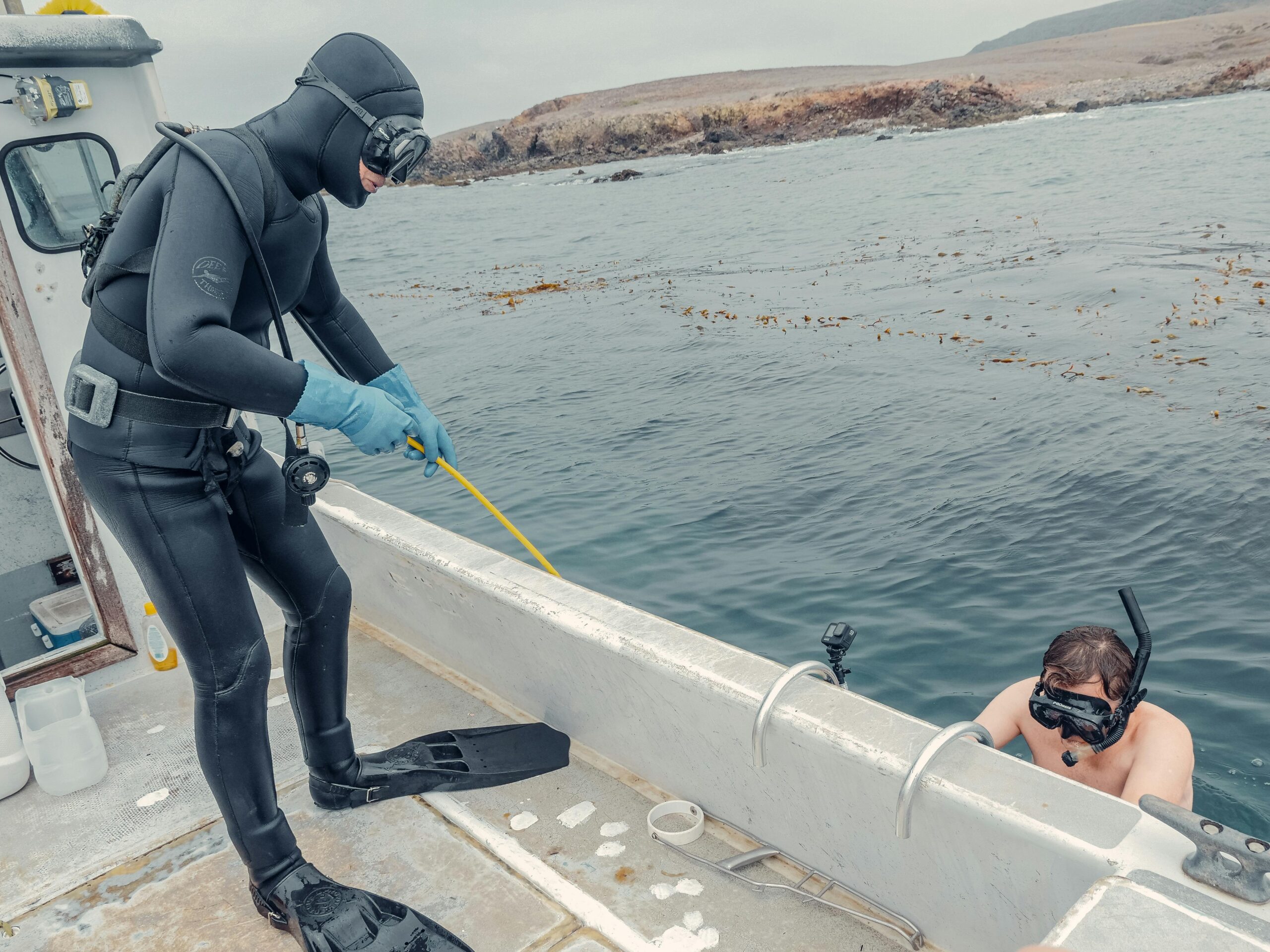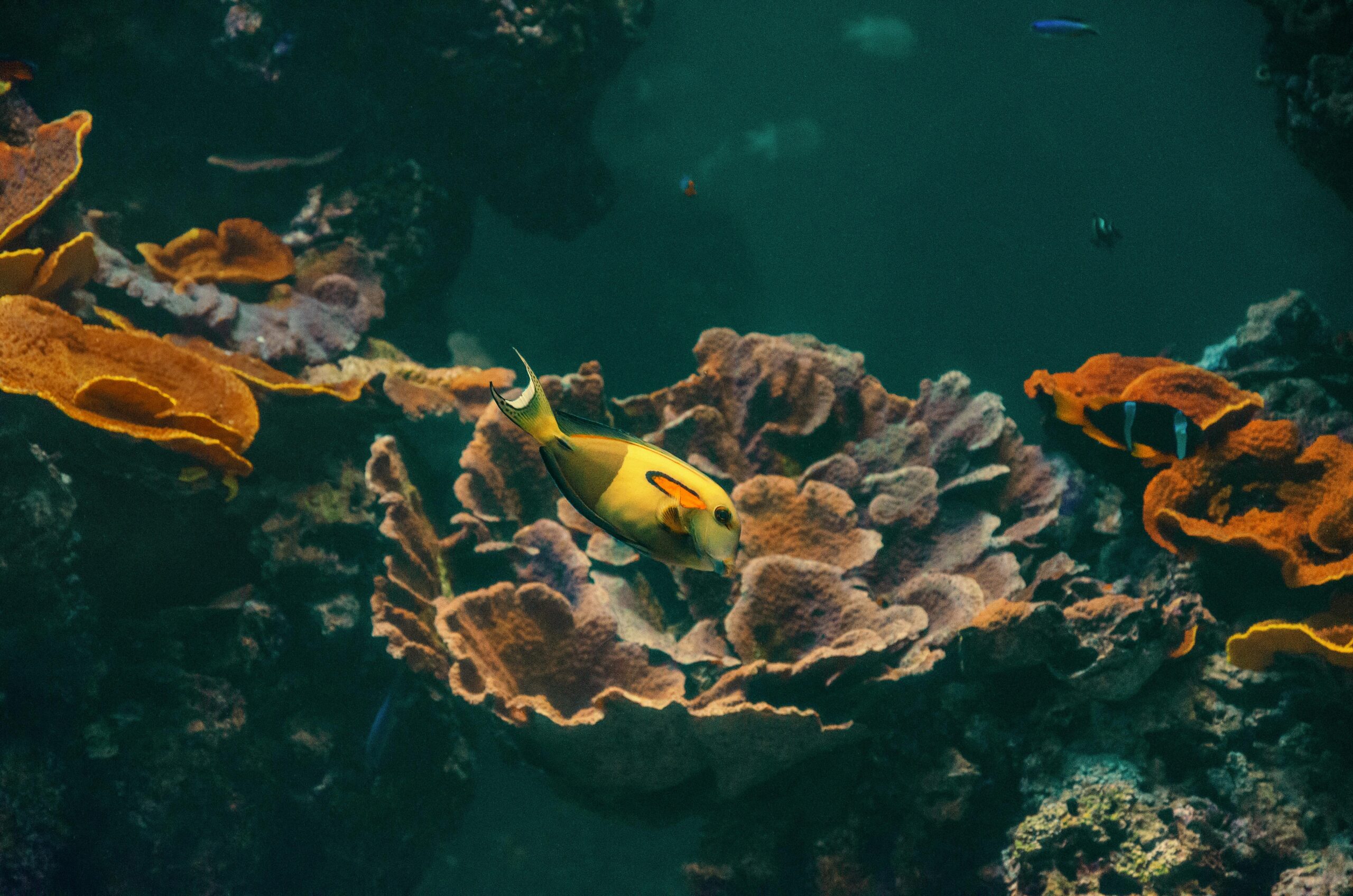The ocean covers over 70% of our planet’s surface, yet remains one of the least understood ecosystems. Today, advanced data collection and analysis are revolutionizing how we protect these vital waters.
🌊 The Digital Revolution Beneath the Waves
For centuries, oceanographers relied on manual sampling, ship-based observations, and limited coastal monitoring to understand marine environments. This approach provided valuable insights but left vast oceanic regions unexplored and poorly understood. The advent of sophisticated sensors, satellite technology, autonomous vehicles, and big data analytics has fundamentally transformed our ability to monitor, analyze, and respond to oceanic changes.
Modern oceanic data collection encompasses everything from temperature and salinity measurements to tracking marine species migrations, monitoring pollution levels, and predicting weather patterns. This wealth of information is no longer confined to research laboratories but is increasingly accessible to policymakers, conservation organizations, and coastal communities worldwide.
The integration of artificial intelligence and machine learning algorithms has enabled researchers to process massive datasets in real-time, identifying patterns and trends that would have taken decades to discover using traditional methods. This technological leap is providing unprecedented insights into ocean health, climate change impacts, and the effectiveness of conservation strategies.
The Infrastructure Behind Ocean Intelligence
Building a comprehensive oceanic data ecosystem requires substantial infrastructure investments and international cooperation. Today’s ocean monitoring networks combine multiple technologies working in concert to provide continuous, high-resolution data streams.
Satellite Systems and Remote Sensing
Earth observation satellites equipped with advanced sensors can measure sea surface temperature, ocean color indicating phytoplankton concentrations, wave heights, and even detect illegal fishing activities. These orbital platforms provide global coverage impossible to achieve through ship-based monitoring alone.
The European Space Agency’s Sentinel satellites, NASA’s ocean monitoring programs, and commercial satellite constellations now deliver near real-time data that informs everything from weather forecasting to fisheries management. The ability to track ocean currents, identify algal blooms, and monitor coastal erosion from space has become indispensable for effective marine governance.
Autonomous Underwater Vehicles and Sensor Networks
Beneath the surface, autonomous underwater vehicles (AUVs), gliders, and sophisticated buoy networks collect data on ocean chemistry, biodiversity, and physical conditions. These instruments can operate for months without human intervention, transmitting information via satellite communications.
The Argo program exemplifies this approach, maintaining a fleet of nearly 4,000 robotic floats that continuously measure temperature, salinity, and pressure throughout the world’s oceans. This dataset has become foundational for understanding ocean circulation patterns and their role in global climate regulation.
Transforming Raw Data Into Policy-Ready Insights 📊
Collecting oceanic data represents only the first step. The real challenge lies in transforming billions of data points into actionable intelligence that policymakers can confidently use to make informed decisions.
Data scientists and marine researchers collaborate to develop sophisticated analytical models that identify meaningful patterns, forecast future conditions, and evaluate the potential impacts of different policy interventions. Machine learning algorithms can now predict coral bleaching events weeks in advance, identify overfished areas, and track the effectiveness of marine protected areas with unprecedented precision.
Visualization and Communication Strategies
Complex oceanographic data must be communicated effectively to non-specialist audiences, including government officials, journalists, and the general public. Interactive dashboards, animated visualizations, and simplified reporting formats have become essential tools for translating technical findings into compelling narratives that drive policy action.
Organizations like Global Fishing Watch have pioneered the use of data visualization to expose illegal fishing practices, making satellite tracking data accessible through intuitive web interfaces. This democratization of ocean intelligence empowers journalists, activists, and concerned citizens to hold governments and corporations accountable for their marine resource management.
Policy Applications Across Multiple Domains
Ocean data insights are reshaping policy frameworks across numerous sectors, from fisheries management to climate adaptation planning. The following areas demonstrate the transformative potential of data-driven marine governance.
Sustainable Fisheries Management 🎣
Overfishing remains one of the most pressing threats to ocean health, with an estimated one-third of global fish stocks exploited beyond sustainable levels. Traditional fisheries management relied heavily on historical catch data and periodic stock assessments, often resulting in regulations that lagged behind rapidly changing marine conditions.
Modern data analytics enables dynamic fisheries management that responds to real-time conditions. Electronic monitoring systems on fishing vessels, combined with satellite tracking and port reporting requirements, provide comprehensive visibility into fishing effort and catch composition. This information allows regulators to adjust quotas, modify fishing zones, and implement temporary closures based on current stock conditions rather than outdated assessments.
Countries like Iceland and Norway have pioneered data-intensive fisheries management systems that maintain healthy fish populations while supporting viable commercial fishing industries. Their success demonstrates that economic prosperity and environmental sustainability need not be mutually exclusive when policies are grounded in robust scientific evidence.
Marine Protected Area Design and Effectiveness
Establishing marine protected areas (MPAs) has become a cornerstone of ocean conservation strategies worldwide. However, not all MPAs deliver equivalent conservation benefits. Data analytics helps identify optimal locations for protection, considering factors like biodiversity hotspots, migration corridors, spawning grounds, and connectivity between ecosystems.
Monitoring data from existing MPAs enables researchers to evaluate their effectiveness objectively, measuring changes in fish populations, coral health, and ecosystem resilience. This evidence-based approach allows policymakers to refine management strategies, adjust boundaries, and allocate enforcement resources where they will have maximum impact.
Climate Change Adaptation and Mitigation 🌡️
Oceans play a critical role in regulating Earth’s climate, absorbing approximately 30% of atmospheric carbon dioxide and storing vast amounts of heat. Understanding how climate change affects marine systems is essential for developing effective adaptation strategies.
Long-term oceanographic datasets reveal troubling trends including ocean warming, acidification, deoxygenation, and sea-level rise. These observations inform climate models that project future conditions and help coastal communities prepare for coming changes. Data on storm intensity, coastal erosion rates, and flooding risks guides infrastructure investments, land-use planning, and disaster preparedness initiatives.
Blue carbon ecosystems like mangroves, seagrass meadows, and salt marshes sequester carbon at rates far exceeding terrestrial forests. Detailed mapping and monitoring of these habitats enables countries to include marine carbon sinks in their climate commitments while providing strong economic incentives for coastal ecosystem restoration.
Breaking Down Silos Through Data Integration
Historically, oceanographic data has been fragmented across numerous agencies, research institutions, and national databases, each using different standards, formats, and access protocols. This fragmentation severely limited the potential value of collected information.
Recent initiatives aim to create interoperable ocean data systems that facilitate seamless sharing and integration across organizations and national boundaries. The United Nations Decade of Ocean Science for Sustainable Development (2021-2030) prioritizes building a comprehensive digital ocean that makes data freely accessible to all stakeholders.
International Collaboration and Data Sharing
Ocean systems do not respect political boundaries, making international cooperation essential for effective governance. Regional organizations like the European Marine Observation and Data Network (EMODnet) aggregate data from multiple countries, creating unified resources that support transnational policy development.
Standardized data protocols and open-access policies ensure that research findings conducted in one region can inform management decisions elsewhere. Small island developing states and nations with limited research capacity particularly benefit from accessing global oceanographic datasets that would be prohibitively expensive to collect independently.
Empowering Local Communities With Ocean Intelligence 🏘️
While high-tech monitoring systems generate valuable insights at global and regional scales, local communities often possess irreplaceable knowledge about their coastal environments. Effective ocean governance integrates scientific data with traditional ecological knowledge and community-based monitoring efforts.
Mobile applications and citizen science platforms enable fishers, divers, and coastal residents to contribute observations that complement institutional data collection. These tools facilitate two-way communication, providing communities with access to scientific information while enriching datasets with ground-level observations that satellites and buoys cannot capture.
In Pacific Island nations, community-based monitoring programs combine traditional navigation knowledge with modern data collection techniques to track fish populations, identify coral bleaching events, and document coastal changes. This participatory approach builds local ownership of conservation initiatives while generating data that informs both community and national-level policy decisions.
Addressing Challenges and Limitations
Despite tremendous progress, significant challenges remain in translating oceanic data into effective policy outcomes. Understanding these limitations is essential for developing realistic strategies that maximize available information while acknowledging gaps and uncertainties.
Data Gaps and Monitoring Biases
Current ocean monitoring infrastructure concentrates heavily in wealthy nations and accessible waters, leaving vast regions undersampled. Deep ocean environments, polar seas, and remote areas receive disproportionately little attention, creating blind spots that may conceal important ecological changes or emerging threats.
Addressing these gaps requires sustained funding for ocean observations, strategic deployment of monitoring assets, and capacity building in underserved regions. International funding mechanisms and technology transfer initiatives can help ensure that all nations benefit from and contribute to global ocean intelligence systems.
From Evidence to Action: Bridging the Implementation Gap 🔄
Even when high-quality data clearly indicates necessary policy interventions, political, economic, and social factors often delay or prevent implementation. Short-term economic interests may conflict with long-term sustainability goals, while lack of enforcement capacity undermines well-designed regulations.
Successful translation of data insights into policy outcomes requires sustained engagement between scientists and policymakers, building mutual understanding of capabilities and constraints. Scientists must communicate findings in policy-relevant terms, while policymakers need adequate scientific literacy to interpret evidence and understand uncertainties appropriately.
Transparency and public engagement strengthen policy implementation by building broad support for necessary changes. When communities understand the scientific basis for fishing restrictions or coastal development regulations, compliance improves and enforcement becomes more feasible.
Emerging Technologies Shaping the Future of Ocean Data
The rapid pace of technological innovation promises to further revolutionize our ability to monitor and understand marine environments. Emerging capabilities will generate unprecedented insights while reducing costs and expanding coverage.
Artificial Intelligence and Predictive Analytics
Machine learning algorithms are becoming increasingly sophisticated at identifying patterns in complex oceanographic datasets, detecting anomalies that indicate ecosystem changes, and forecasting future conditions with improving accuracy. AI-powered image recognition can automatically identify and count marine species from underwater videos, dramatically accelerating biodiversity assessments.
Predictive models informed by historical data and real-time observations enable proactive rather than reactive management. Forecasting harmful algal blooms, predicting fish migration patterns, and anticipating coral bleaching events allows managers to implement protective measures before damage occurs.
Environmental DNA and Biodiversity Monitoring 🧬
Analyzing environmental DNA (eDNA) extracted from seawater samples provides a revolutionary approach to biodiversity monitoring. This technique can detect the presence of species without direct observation, enabling comprehensive assessments of marine communities at a fraction of the cost and effort required for traditional surveys.
As eDNA analysis becomes more routine, policymakers will gain access to detailed biodiversity data that informs conservation priorities, tracks invasive species, and monitors the effectiveness of management interventions with unprecedented precision.
Building Institutional Capacity for Data-Driven Governance
Realizing the full potential of ocean data requires not only technological infrastructure but also institutional frameworks and human capacity to effectively utilize available information. Governments must invest in training programs, establish data management systems, and create organizational structures that facilitate evidence-based decision making.
Developing countries face particular challenges in building this capacity, often lacking the technical expertise, financial resources, and institutional frameworks necessary to fully participate in the data revolution. International partnerships, south-south cooperation, and targeted capacity-building initiatives can help bridge this divide, ensuring that all nations can leverage ocean intelligence for sustainable development.

The Path Forward: Data as a Foundation for Ocean Stewardship 🌐
The unprecedented availability of oceanographic data represents a historic opportunity to fundamentally transform how humanity interacts with marine environments. For the first time, we possess the tools to truly understand ocean systems, predict their responses to various pressures, and implement management strategies grounded in comprehensive evidence.
Realizing this potential requires sustained commitment from governments, research institutions, private sector partners, and civil society. Continued investment in monitoring infrastructure, data management systems, and analytical capacity must remain priorities even when facing competing budgetary pressures. The costs of inaction—collapsing fisheries, degraded coastal ecosystems, and accelerating climate change—far exceed the investments required for effective ocean stewardship.
Policymakers must embrace adaptive management approaches that acknowledge uncertainty while taking action based on best available evidence. Ocean systems are complex and dynamic, and perfect information will never be achievable. However, waiting for complete certainty before implementing protective measures virtually guarantees policy failure.
The integration of diverse knowledge systems—scientific data, traditional ecological knowledge, and community observations—strengthens governance frameworks by incorporating multiple perspectives and scales of understanding. Inclusive approaches that value all forms of ocean knowledge build broader support for conservation while improving the quality and relevance of available information.
As we advance into an era of unprecedented environmental challenges, the ocean’s health will fundamentally shape humanity’s future prosperity and well-being. Data-driven policy making offers our best hope for navigating these challenges successfully, enabling informed decisions that balance human needs with ecosystem integrity. The tools exist; the question is whether we possess the wisdom and political will to use them effectively before critical thresholds are crossed and options for positive intervention narrow.
The transformation from data collection to meaningful policy impact requires bridging technical, institutional, and political divides. Success depends on sustained collaboration across disciplines, sectors, and nations, united by recognition that ocean health is not a luxury concern but a fundamental prerequisite for human civilization’s continued flourishing on this blue planet we call home.
Toni Santos is a transpersonal psychology researcher and consciousness writer exploring how inner transformation, archetypal integration, and mindful relationships shape the evolution of the human spirit. Through his studies on shadow work, emotional alchemy, and self-realization, Toni examines how awareness becomes the bridge between psychology and spirituality in the path of awakening. Passionate about the convergence of inner science and contemplative practice, Toni focuses on how ancient wisdom and modern psychology can coexist to support healing, purpose, and expanded consciousness. His work highlights the balance between introspection, integration, and collective evolution — revealing that awakening is both personal and universal. Blending depth psychology, mythology, and consciousness studies, Toni writes about the symbolic patterns and inner journeys that define the human experience. His reflections invite readers to approach spirituality not as escape, but as embodiment — a living dialogue between the self, the shadow, and the sacred. His work is a tribute to: The transformative power of self-awareness and inner healing The union of psychology, spirituality, and archetypal wisdom The path of integration as the essence of human awakening Whether you are a seeker, therapist, or student of consciousness, Toni Santos invites you to explore the evolution of the inner world — one archetype, one realization, one awakening at a time.




